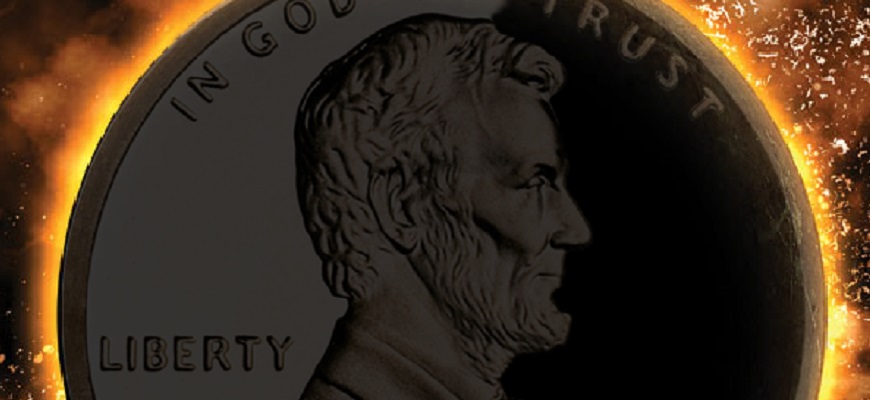
Day in the sun
Experts hope solar eclipse has positive effect on SC economy
Posted on: August 17, 2017; Updated on: August 17, 2017
By Allen Wallace, awallace@sc.edu, 803-777-5667
As Columbia prepares to welcome an influx of visitors for the Aug. 21 solar eclipse, many businesses are hoping to see a big boost in sales. University of South Carolina experts on tourism say that while the impact is likely to be significant, the bigger gains may be long-term.
Tom Regan, associate professor and director of graduate studies in the department of sport and entertainment management, has developed economic impact projections for many events. He says the difficulty in predicting a number for the eclipse lies in a crucial variable: the number of people who will be in Columbia for it.
"Is this a good thing? Most definitely. Is it an opportunity to showcase the city? Yes. But are there going to be a million people in Columbia? No," Regan says. "I always caution people that when you're saying there are going to be so many people here, people will not come to stay away from crowds. That happened at the Atlanta Olympics. A lot of people didn't go. What I'm worried about is that effect because they've been building up to this for so long."
Regan says he is concerned that many visitors, fearing traffic and other potential crowd-related problems, might stick to the outskirts of the Columbia area rather than coming into the city to spend money on food and souvenirs and all the other items that produce an economic impact.
"Studies show that once we get visitors to South Carolina they enjoy it and plan to come back."
Simon Hudson, director of the Center of Economic Excellence in Tourism and Economic Development
Many Columbia-area hotels are booked for the night before the eclipse and the night after, and Airbnb officials expect the night before the eclipse to be their busiest ever in South Carolina, with more than 7,000 rooms booked.
Restaurants and bars normally closed on Sunday in the Columbia area are opening, and others are extending their normal hours to cater to the expected crowd.
Economic impact projections, Regan says, typically involve coming up with an estimated expenditure per person. "If you could get $15 to $20 per person visiting for the eclipse, that would be a great number for the community,” he says.
Regan says it is also next to impossible to separate the spending of visitors for the eclipse from those coming to Columbia for the beginning of the university’s school year. With freshmen beginning to move in the day after the eclipse and many returning students moving back for the year, thousands of parents and friends also will be in the city.
Regardless, Regan says he expects a positive impact.
"A natural event is so much greater than a manmade game or event,” he says. “I call it the pre-SEC tailgate of the year.”
Simon Hudson, director of the university’s Center of Economic Excellence in Tourism and Economic Development, agreed that the impact of the eclipse will go far beyond the direct money spent.
“Studies show that once we get visitors to South Carolina they enjoy it and plan to come back,” he says. “We call it event leveraging. These events bring in the people, but more than that, they give awareness to the state’s brand.”
Tourism is a $20.2 billion industry in South Carolina, and supports 10 percent of jobs in the state. More than 120 events are planned for the weekend before the eclipse and the day of in the Columbia area alone.
Regardless of the money that comes in directly from eclipse visitors, the event provides an opportunity for the state to shine in a rare spotlight, creating a positive ripple effect for the future.